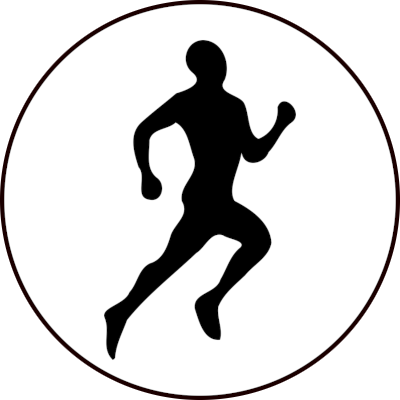I just bought my second pair of running shoes from my local store. The store owner and only salesman is (or claims to be) an expert in biomechanics as it pertains to walking and running, and I have no doubt in his ability to identify the right pair of shoes for my needs. People are allegedly also traveling from all over the country to get advice from him.
However, today he made the claim that the variance within shoes even within the same model and year is large enough that you can’t know that a certain shoe is right for me without doing a proper video gait analysis with that specific pair. Of course, he has financial incentives to ensure that I buy my shoes from him instead of stocking up on the same pair online for half the price.
Is this a bogus claim from his side, or do you find that the variance between pairs of the same exact model is non-negligible?
FWIW, he’s identified that I pronate more on the right side than left, and that my hip is a bit stiff on the left leading to increased risk of injuries due the lack of flexibility. In both cases he has ended up with stability shoes for me.


Now THAT i most certainly doubt. If he was truly an expert in this field he wouldn’t work as a salesman in a shop like that. He’ll certainly be better in recommending shoes that fit well, but tbh this seems rather easy since your average hobby runner won’t have demanding needs. And in that case you can just give them your run of the mill daily trainer like the brooks ghost or maybe nike pegasus (if they like it slightly narrower) and they’ll be content.
Or you say they pronate and give them a stability shoe like the Asics Kayano/gt-2000. Many people pronate and i imagine that many would be be just fine with neutral shoes (i got a gt2000 as my first shoe in a shop, have bought neutral shoes online ever since). At least as long as they avoid particularly unstable shoes with very soft midfoams (NB rebel v1, Asics Novablast v1 for example)
That i very much doubt, although i admitteldy have varied my shoes quite a bit. The only time i’ve had more or less identical shoes were with a pair of saucony ride 13 and 14 (which outside minor changes in the upper are the same) and after correct laceing they were an instant drop in replacement. I’ve also had no issues to swap instantly within the brand with their Triumph, Kinvara and Speed. The speed being shaped a bit differently due to being geared towards racing, but still same size and fitting well.
What i have found is that at least EU sizing between brands varies quite a bit. But that can be mitigated by looking at either the direct cm measurment provided or the JPN sizing (which represents cm, not the chinese ones wich is also cm but measured a bit differently). That means for example a Puma velocity nitro in EU46 is like 0.5cm longer than a EU46 saucony ride.
Additionally some brands have certain trends, for example Altra is know for their wide toeboxes or Nike runs on the narrow side.
I can definitely see people having imbalances. But the longterm fix for that for the most part doesn’t seem to be in just getting stability shoes, but rather doing some specific strength/flexibility training to remedy those weaknesses.
I should have specified that this isn’t your run-of-the-mill (pun intended) running shoe store. It’s hard to classify, but although it’s a shoe store, it certainly has a kind of health shop vibe to it. He sells all types of shoes for all purposes, and for all ages, but never without making sure that they are right for the person (who are likely to have some kind of foot/leg pain since they have approached him). I’d say the average hobby runner would probably seek the more traditional running shoe stores. The local physios, GPs etc. do refer to him though. All this is to say that I trust that he knows his biomechanics, and he certainly sounds convincing to me as a layperson. I know he is also an avid runner in local running scene.
That would be my expectation as well if I bought an identical pair, and I can’t see why identical pairs should have much variance with modern production processes.
Yes, he was strongly suggesting that I should do some strengthening and flexibility training as well.